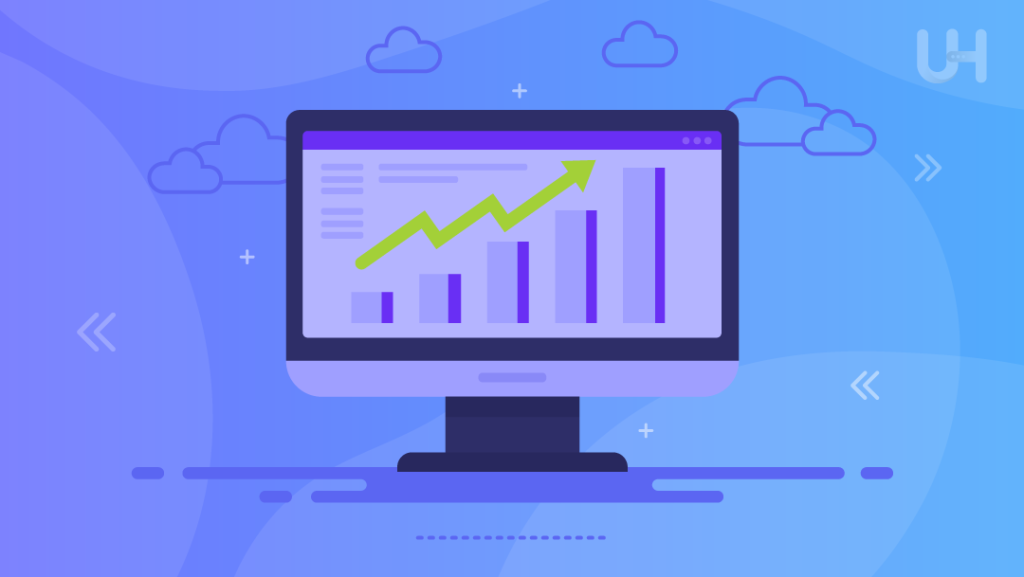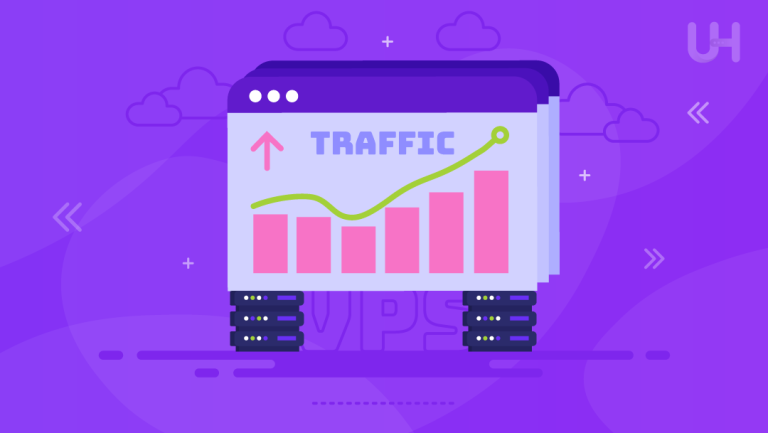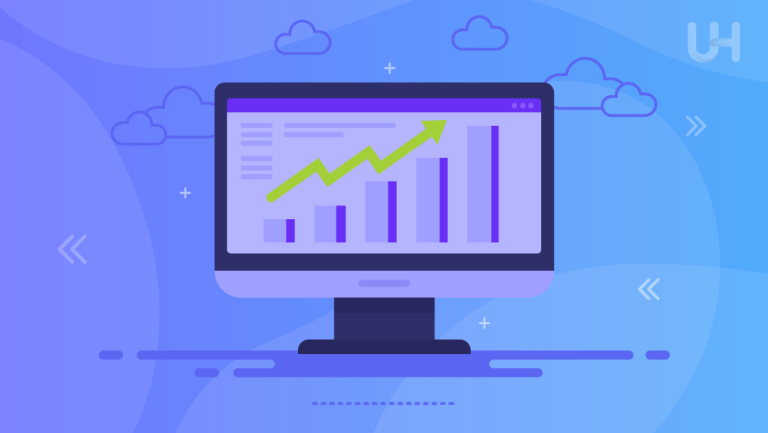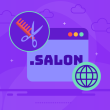When you’re running a service business – whether it’s landscaping, water restoration, home repairs, or something else entirely – having a good website is of utmost importance. Why? Well, more often than not, it’s the first impression (potential) customers get of your brand.
After all, we live in a world where people expect to find everything online, so your website needs to both look and function well.
The last bit is just as important (if not more) as looking good: your website needs to run smoothly, capture leads effectively, stay secure, and give you insights into customer behavior. And this is why having the right tech stack is so important.
From rock-solid hosting and cybersecurity to lead capture and analytics tools, every component needs to work effectively to keep your site user-friendly and always ready for business.
Here’s the essential lineup of tools that will make sure your website is optimized for great customer experience and fast growth.
Reliable Hosting and Performance Optimization
A good website starts with a good hosting provider. For service industry sites, where customers often search for help urgently, downtime is costly.
A fast, reliable hosting service with strong uptime guarantees and robust support is essential if you want your customers to be able to reach your site whenever they need it.
Opt for a managed hosting provider with high-speed SSD servers and optimized configurations for WordPress (or your CMS of choice). It’s also a good idea to look for a host offering perks like content delivery networks (CDNs) and caching to reduce load times.
Integrating a Marketing CRM for Lead Capture
Your website should look inviting, yes, but more importantly, it should also work hard to bring in new business.
Capturing and managing leads is crucial, and for that, you need a marketing CRM (Customer Relationship Management) platform. Integrating a CRM tool directly into your site helps streamline lead collection from contact forms, booking inquiries, and online chat, which means no lost opportunities.
For specialized services, like water damage restoration, tools that are made for water damage lead generation, like the software from 33 Mile Radius, can be particularly valuable. These platforms focus on capturing high-intent leads, giving you access to homeowners actively seeking immediate water damage solutions.
Connect your CRM with water damage lead generation software (or any other similar tool tailored to your specific service), and you’ll be able to respond to potential customers more quickly and prioritize jobs more effectively.

Online Booking and Scheduling Software
If you’re in a service industry where appointments are key, you should have an online booking system. These tools (such as Calendly, Acuity Scheduling, or even built-in WordPress plugin) allow clients to schedule appointments without needing to call, and they give you a visual overview of upcoming jobs.
A good booking tool should also be flexible enough to handle cancellation policies, appointment reminders, and multiple team member schedules, all while integrating seamlessly with your CRM.
Data Analytics for Smarter Decision-Making
Understanding how visitors use your site can be invaluable for your business decisions, from pricing to service offerings. Integrating data website analytics tools, like Google Analytics or Matomo, lets you monitor user behavior in real-time, analyze traffic patterns, and identify which services attract the most attention.
Advanced data analytics can help you uncover insights that are a bit more strategic. For example, if you see that a lot of people bounce after visiting your “Service Pricing” page, it might signal that customers are looking for more pricing transparency (or lower prices).
The point is, data-backed insights are essential for effectively optimizing your website: from adjusting your content, changing layout, or offering new service options.
Cybersecurity Measures to Protect Client Data
Data security isn’t something you want to compromise, especially in a field where clients trust you with their personal information. Integrating cybersecurity tools is essential to protect both your business and customer data.
SSL certificates are important but they’re just the start; you also need firewall protection, intrusion detection, and regular site audits. Many hosting providers offer security packages that include malware scanning, DDoS protection, and automatic updates.
If your business involves any form of online payment, ensuring that you comply with PCI-DSS (Payment Card Industry Data Security Standard) regulations is key. This might mean using a dedicated payment processor that handles sensitive data separately from your main site.
Wrapping Up
For service industry professionals, choosing the right tech stack means more than just picking random software. A tech stack that actually powers efficiency should be a streamlined system that captures leads, delivers a seamless customer experience, and gives you insights to grow.
The right mix of hosting, CRM, analytics, security, and marketing tools can transform your site from a basic digital brochure to an essential business asset. Start with the foundational tools we talked about above, and you’ll be well on your way to creating a site that drives growth and keeps customers coming back.
Whether you’re in water damage restoration, consulting, or another service field, investing in reliable tools for hosting, CRM, data analytics, and security will set your business apart. For robust, high-performance hosting options, explore UltaHost’s dedicated hosting solutions to give your site the speed, uptime, and capacity it needs to handle traffic and deliver excellent customer experiences.












